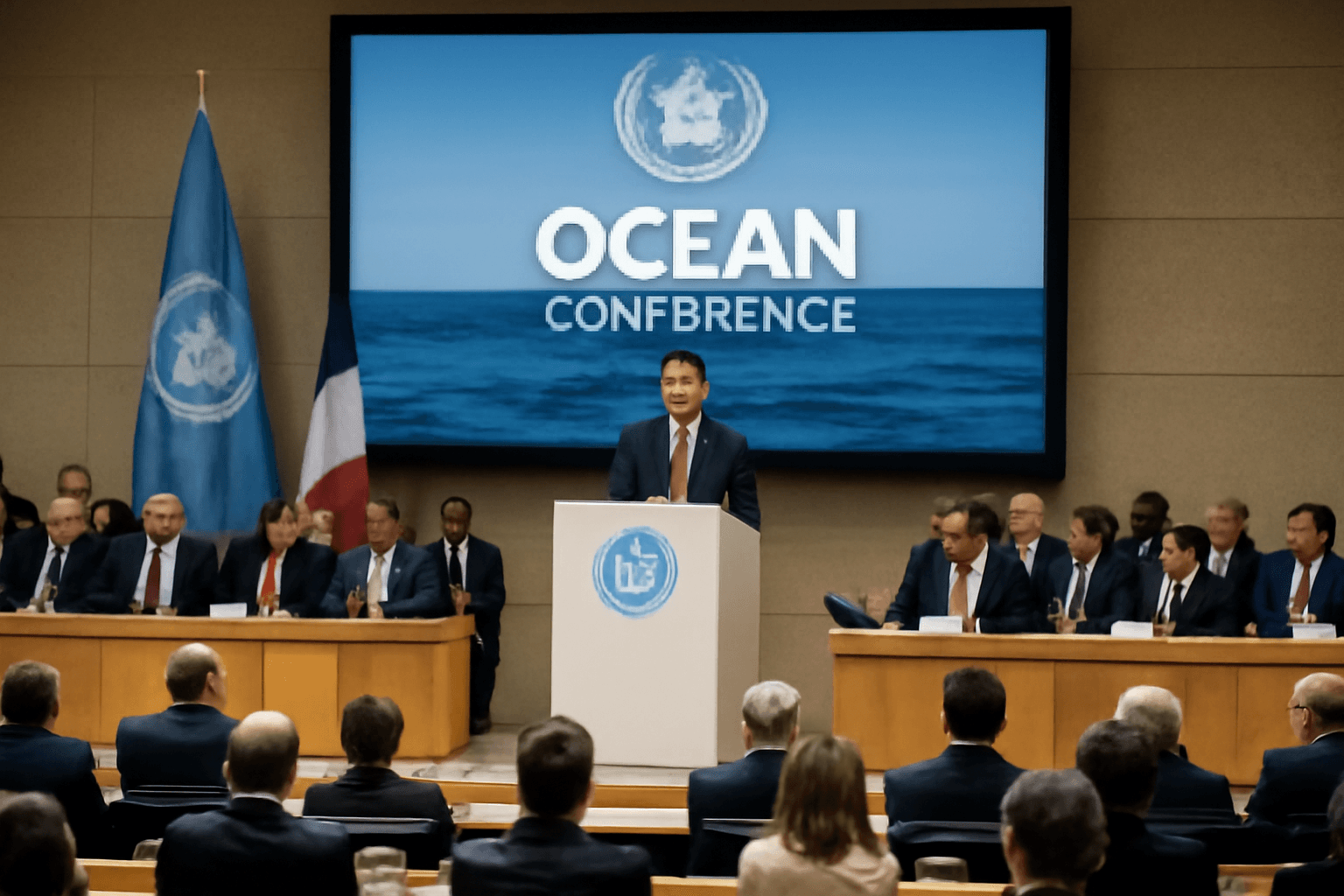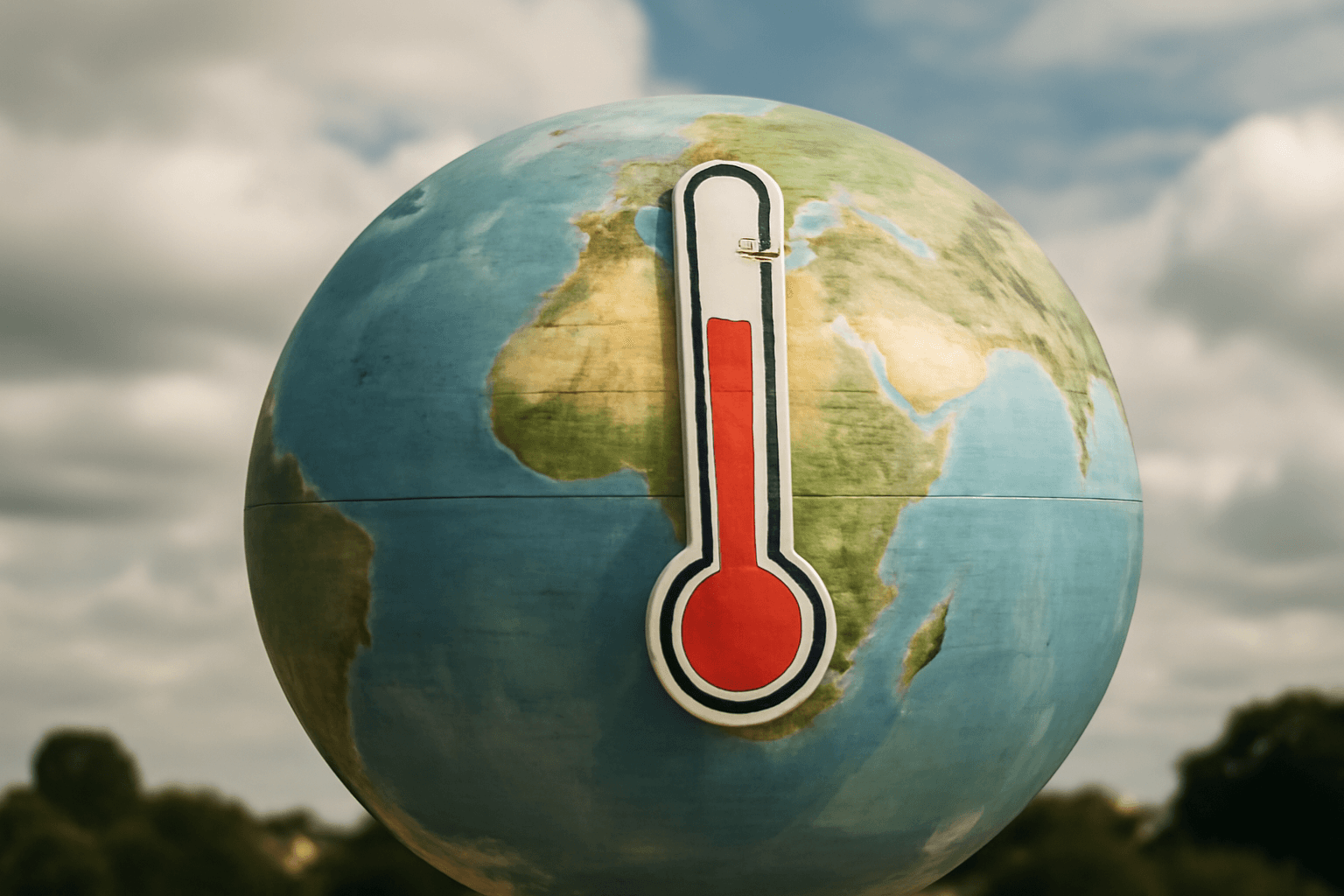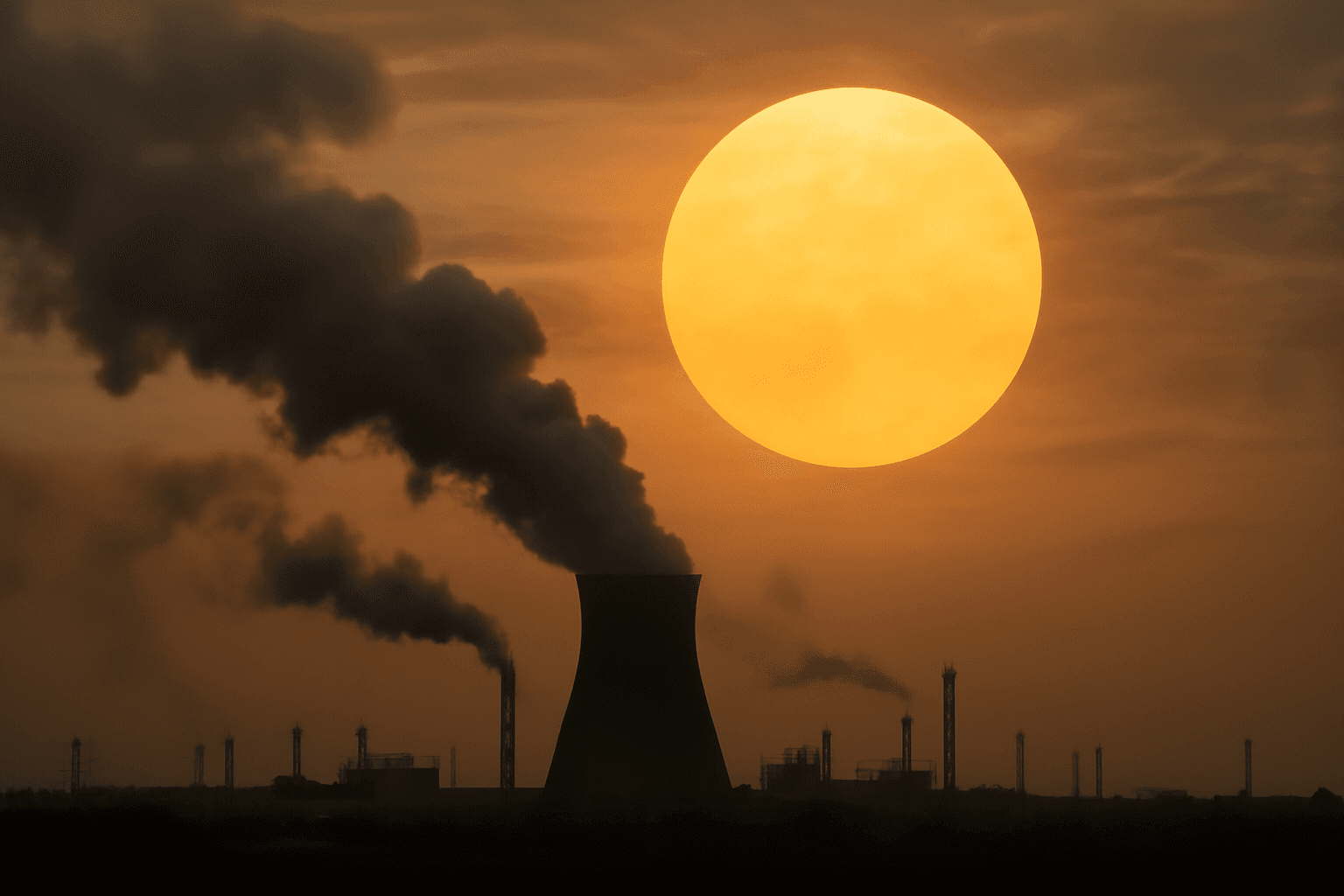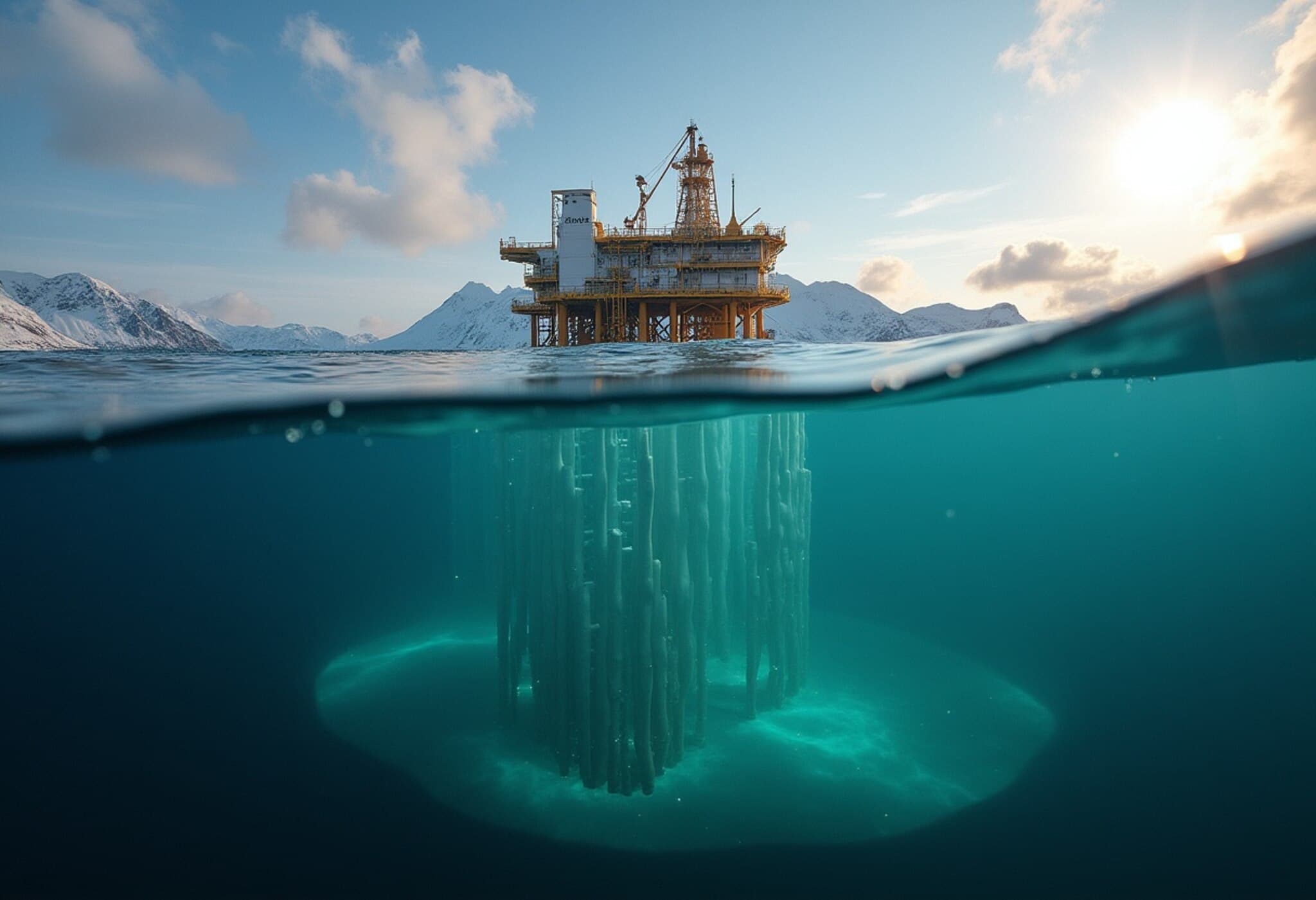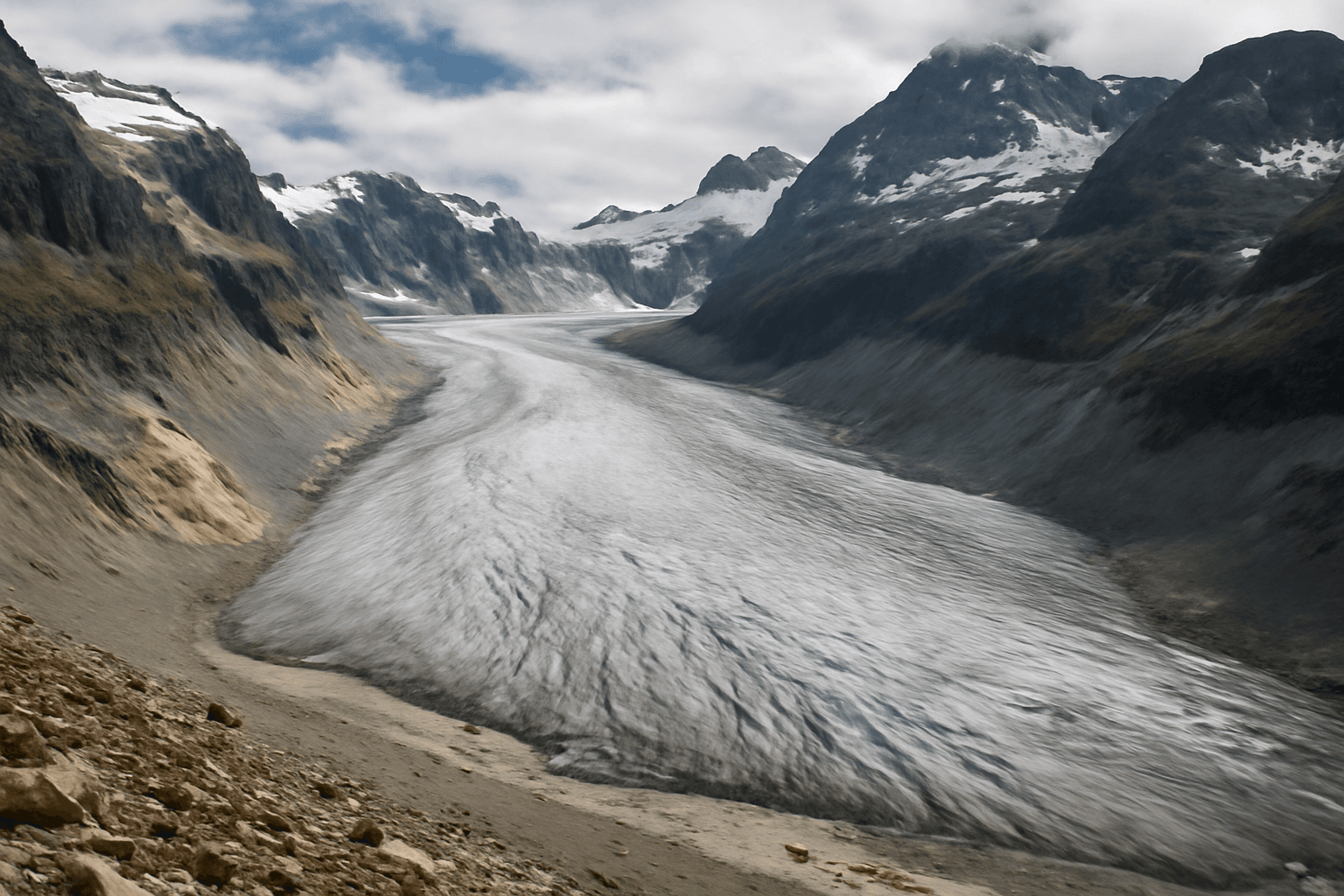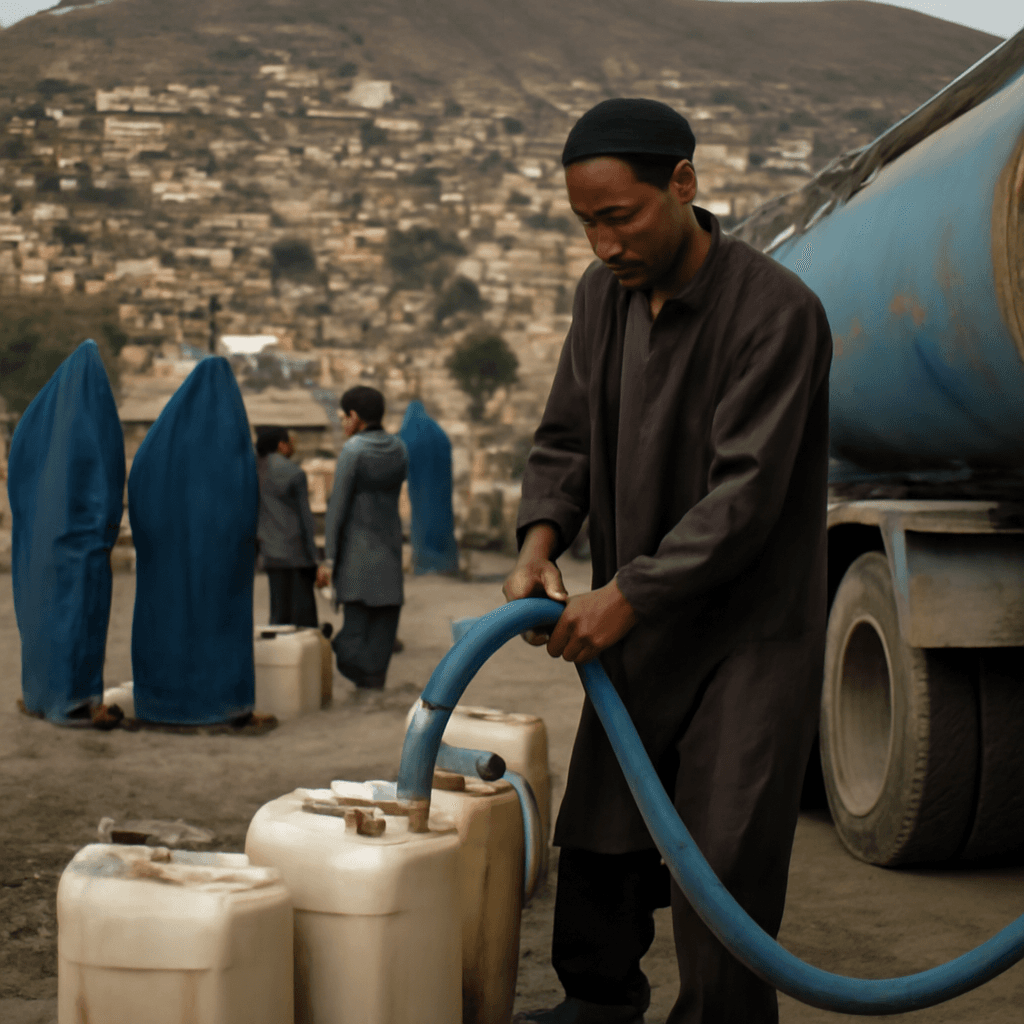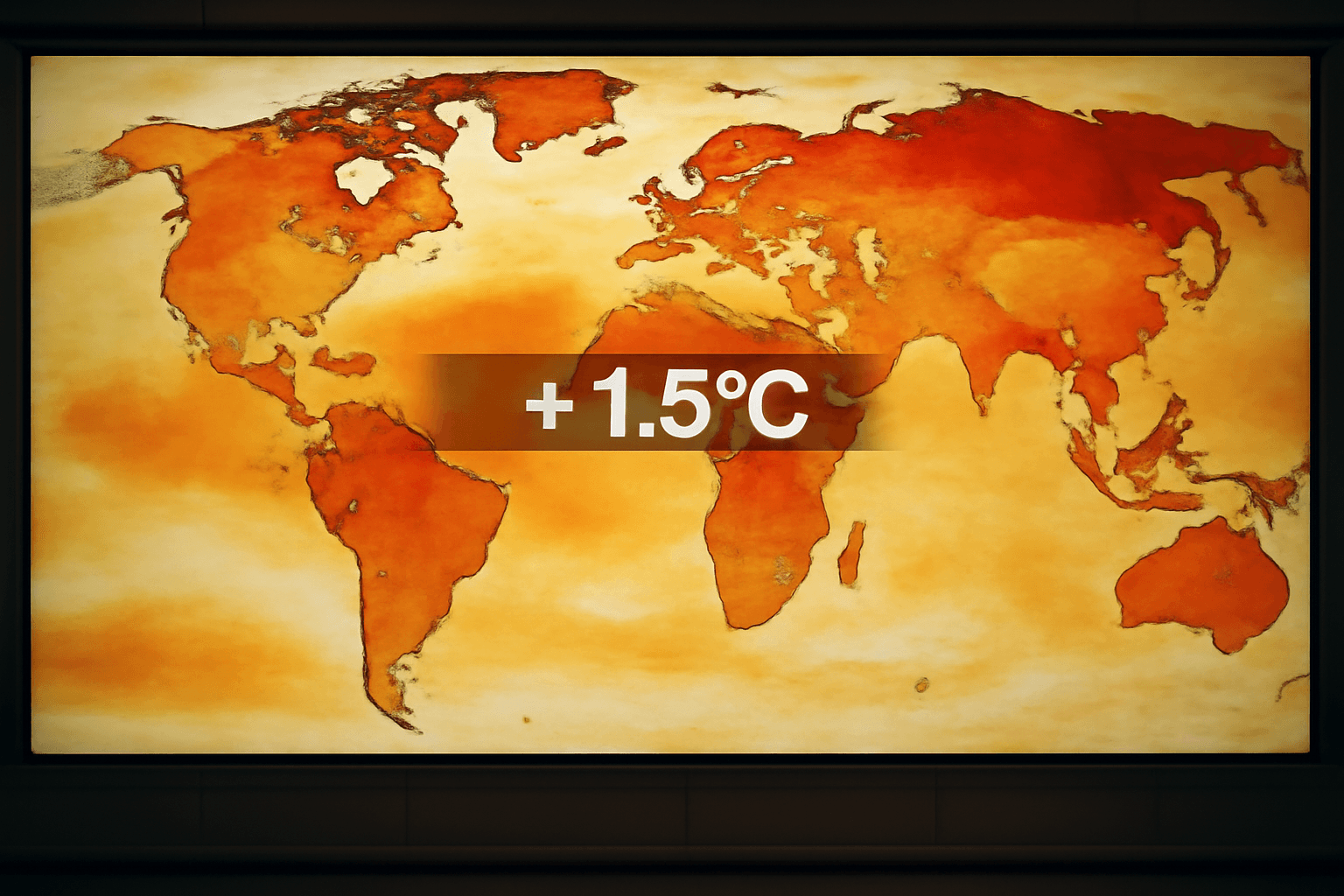The United Nations has declared a global emergency concerning the health of the world's oceans, as rising temperatures, plastic pollution, and overexploitation of marine resources threaten marine ecosystems and the livelihoods of billions worldwide. In response, the third UN Ocean Conference will take place in Nice, France, from June 7 to June 13, 2025.
This conference, co-sponsored by France and Costa Rica, aims to unite over 60 world leaders, ministers, thousands of government officials, scientists, businesses, and civil society members to accelerate meaningful action and mobilize financial resources to address oceanic crises.
Li Junhua, the conference secretary-general, emphasized the event as more than a routine meeting, calling it a "pivotal opportunity" to drive tangible progress across sectors globally. Costa Rica’s UN Ambassador Maritza Chan Valverde highlighted the need to drastically shorten decision-making timelines and engage all 193 UN member states, over 1,000 cities, and 500 corporations simultaneously, promising "zero rhetoric, maximum results." The conference anticipates commitments totaling $100 billion in new funding to tackle pressing ocean issues.
Key priorities include pushing for the ratification of the high seas biodiversity treaty, adopted in March 2023, which aims to protect at least 30% of ocean waters, foster sustainable fishing, combat plastic pollution, accelerate decarbonization in maritime transport, and mobilize financing. France’s UN Ambassador Jérôme Bonnafont underscored the importance of obtaining at least 60 ratifications for this treaty to bring it into effect.
The conference will adopt a declaration acknowledging the insufficient pace of current actions against the "triple planetary crisis" of climate change, biodiversity loss, and pollution. The draft declaration stresses the crucial role of healthy oceans in sustaining life, ensuring food security, and supporting billions globally. It also advocates for enhanced scientific research to better understand and mitigate climate change impacts on the oceans.
Notably, deep-sea mining remains excluded from the agenda due to a lack of consensus among participants. This is significant in light of recent announcements from the U.S. administration considering extraction leases near American Samoa, a move opposed by environmental groups citing potential irreversible damage to marine ecosystems.
The outcomes of this conference, including the adopted declaration and voluntary commitments, will form the Nice Ocean Action Plan, aiming to set a forward trajectory in ocean conservation and sustainable use.

